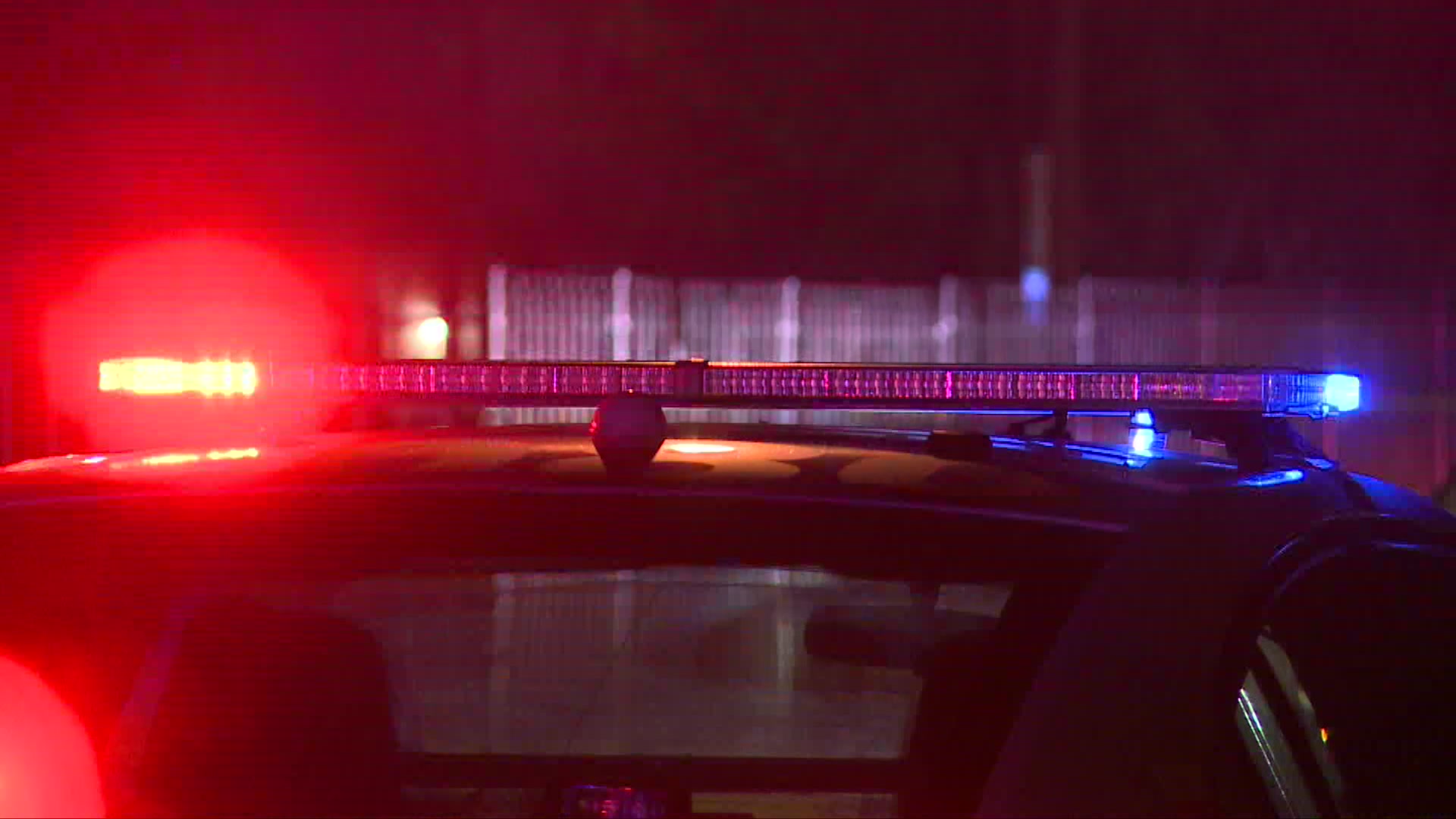Most people who contract the coronavirus know the person who gave it to them, Chicago officials reported from new data Monday.
Chicago Mayor Lori Lightfoot said that through case investigations and contact tracing, data shows that every two out of three people who have COVID-19 contracted the virus from someone they know.
"What this means is it probably came from your friends, your family or coworkers," Lightfoot said. "That means if you spread it, chances are you'll be spreading it to someone you know."
The mayor continued, reminding that in a gathering of 10 individuals in Chicago, there is a 14% chance that one person in the group is infected with the coronavirus.
In a group of 25 people, the risk increases to 30%, and then to 50% in a group of 50 people or more, Lightfoot said.
Commissioner of the Chicago Department of Public Health Allison Arwady added that though it is possible to be infected in crowds, on public transportation or walking down the street, those are not the driving factors of infection.
"Where we see the spread of COVID is where we let down our guard, where we literally let down our mask, because we feel comfortable with those we love," Arwady said. "But the virus is just looking for opportunities to spread."
Local
Arwady said that Chicagoans who have the virus tell health officials that three out of four of their close interactions took place at home.
"Please do not invite anyone over to your house or apartment," Arwady said. "This is not the time for non-essential gatherings, period."
Currently, Chicago is reporting an average of more than 500 new coronavirus cases daily, the "highest daily rate since the tail end of the first surge at the end of May," officials said.
As of Monday, Chicago was seeing a 7-day rolling average of 508 new cases per day, according to the city's coronavirus data dashboard. That marks a significant increase from the roughly 300 new cases per day rolling average the city was seeing just three weeks earlier when restrictions were eased.
The numbers also coincide with a 25% increase in non-ICU COVID-19 hospitalizations since Sept. 22, according to city data.



